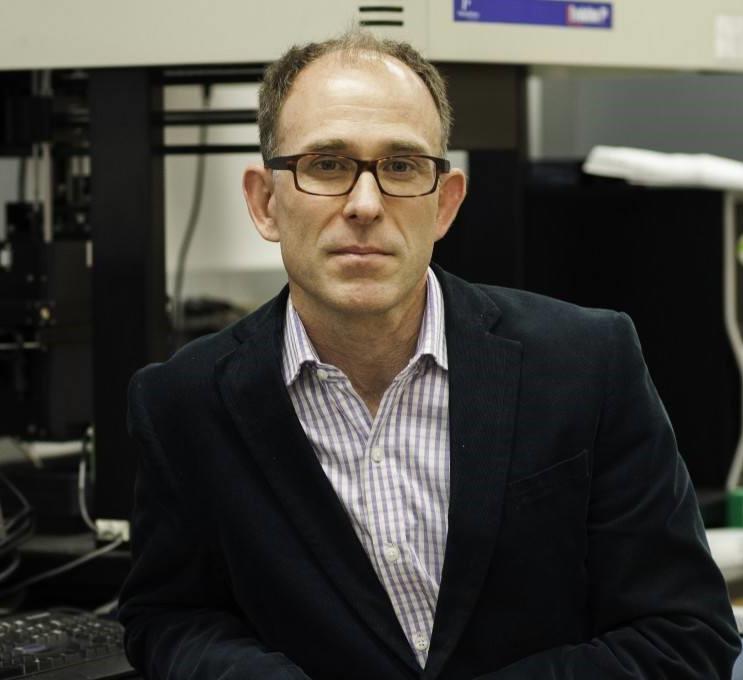Peter Kraft Appointed Director of TDRP
, by Victoria A. Fisher, M.P.H.
Peter Kraft, Ph.D., has been appointed Director of DCEG's Trans-Divisional Research Program (TDRP). Dr. Kraft is an internationally recognized leader in both biostatistics and the molecular epidemiology of cancer.
TDRP conducts and facilitates trans-divisional research in cancer epidemiology, genetics, and prevention across the eight scientific branches that make up DCEG. As Director of TDRP, Dr. Kraft will initially focus on overseeing the DCEG Bioinformatics Virtual Core and supporting Findable, Accessible, Interoperable, and Reusable (FAIR) Principles for data management and sharing. He will coordinate central programmatic themes within the DCEG portfolio and provide strategic leadership to transdisciplinary research teams across the Division, helping identify and shape new research opportunities and the data platforms and tools that enable collaboration.
Throughout his career, Dr. Kraft has remained at the cutting edge of design and analysis of the genetics of cancer risk, with an emphasis on studies of variation in germline DNA. He is a pioneer and lead biostatistician of cancer genome-wide association studies (GWAS) dating back to the first GWAS of breast and prostate cancer. His work has not only been central to the discovery of new risk alleles for specific cancers but also to the development of methods for analyses. Dr. Kraft has played a key role in multiple international consortia studying genetics and other exposures in relation to risk for pancreatic, breast, and endometrial cancers. Many of these efforts have involved close collaboration with DCEG investigators.
In addition to his role as TDRP Director, Dr. Kraft will conduct his own independent research program as a senior investigator. His focus will include 1) developing, evaluating, and implementing multifactorial risk models for breast cancer, particularly in diverse populations; 2) understanding how genetic and nongenetic risk factors influence breast tumor mutational signatures, immune response, and prognosis; and 3) leveraging emerging data on inherited germline variation associated with multiple cancers, cancer-associated traits, and intermediate biomarkers to better understand cancer development and progression.
Prior to joining DCEG, Dr. Kraft was Professor of Epidemiology and Biostatistics and Director of the Program in Genetic Epidemiology and Statistical Genetics at the Harvard T.H. Chan School of Public Health, and he served as the Faculty Director of the Harvard Chan Bioinformatics Core.
